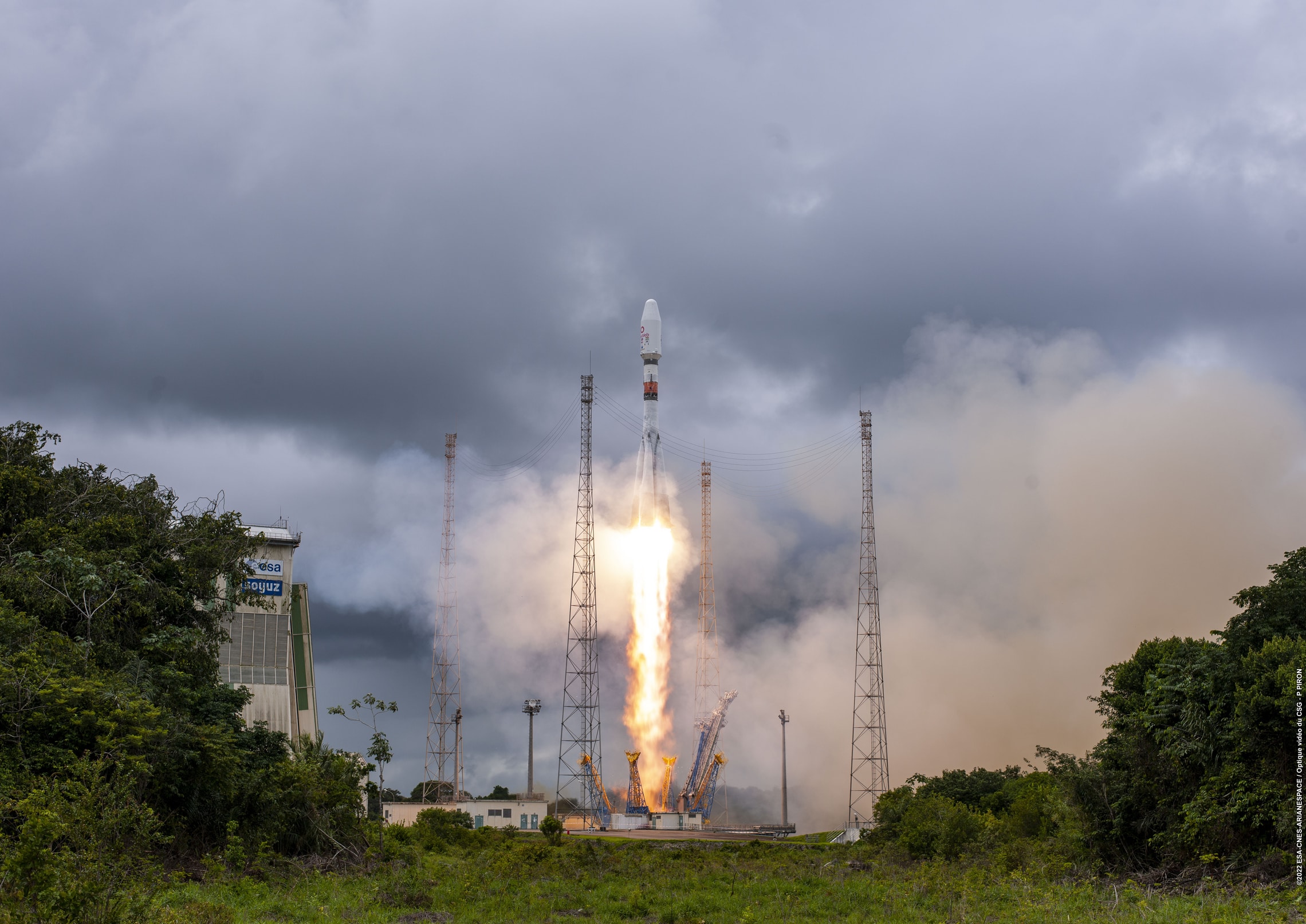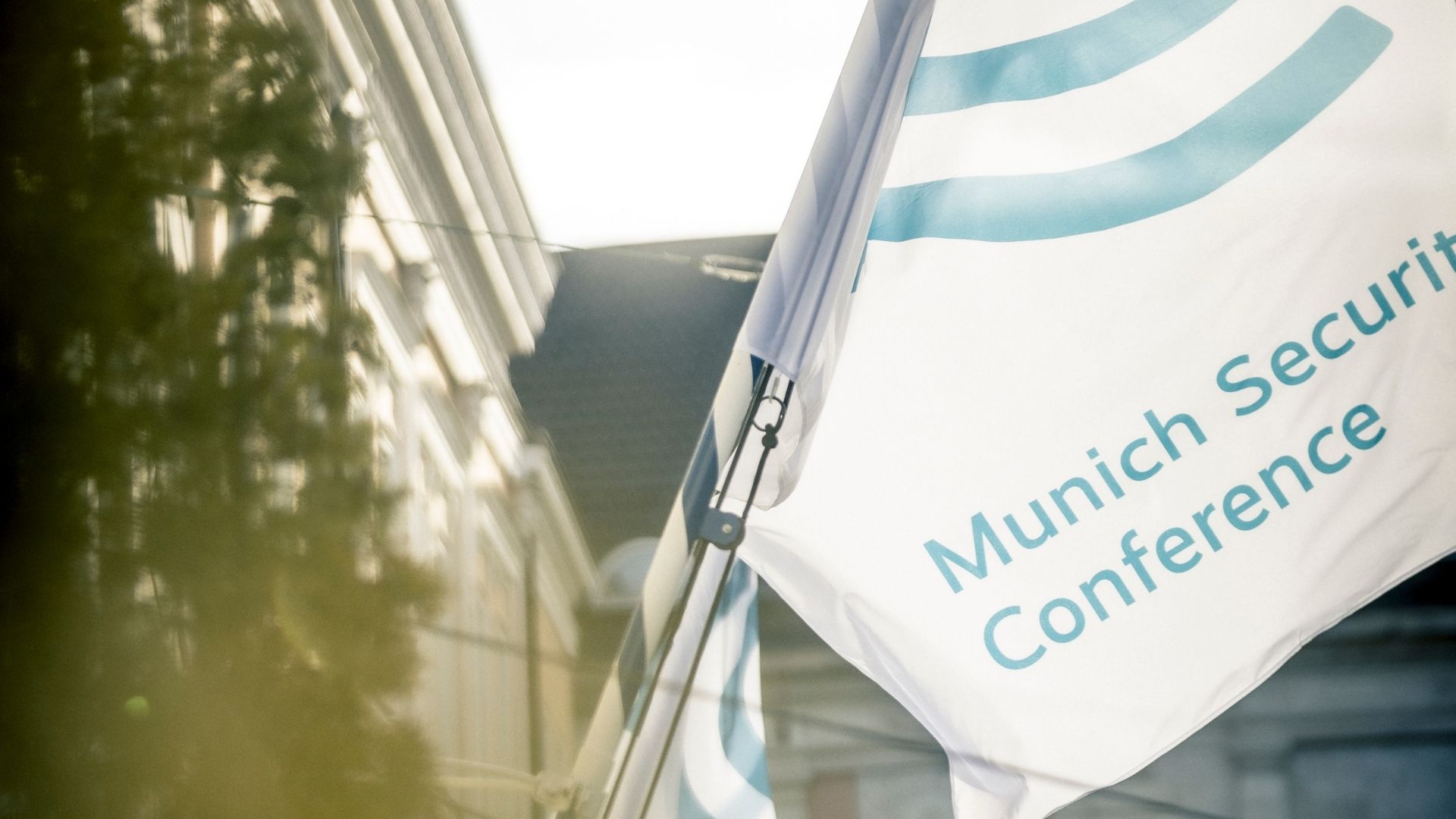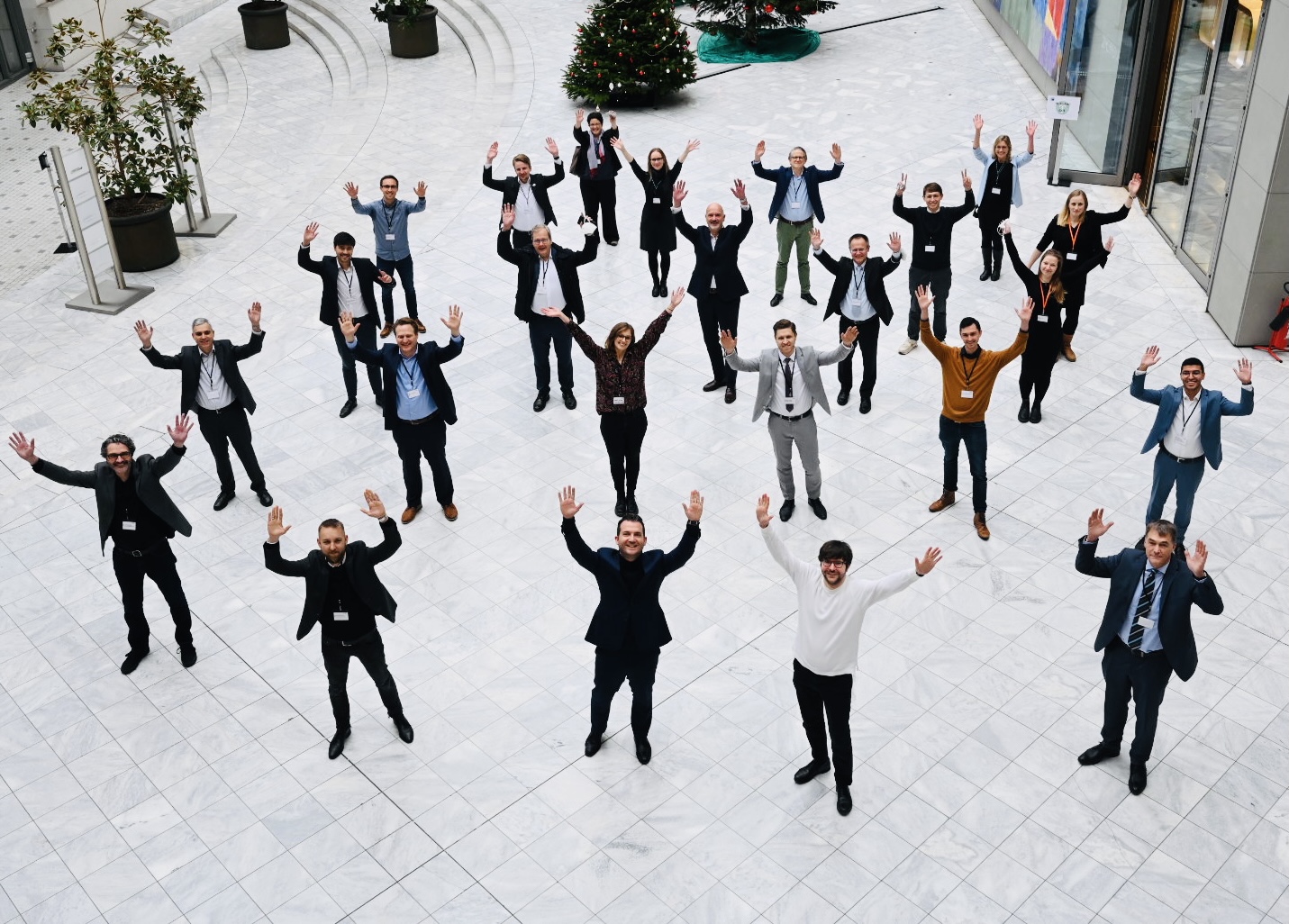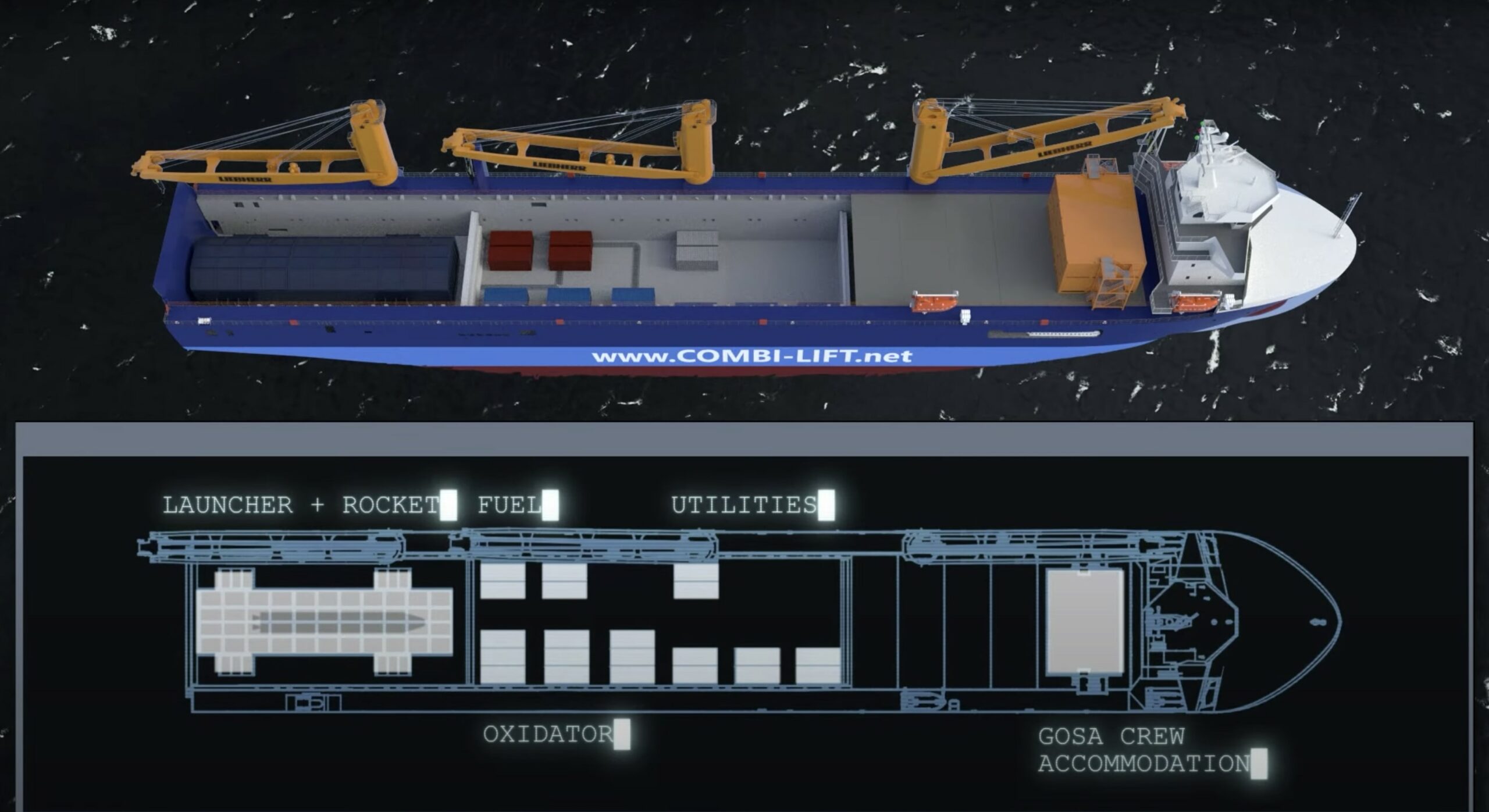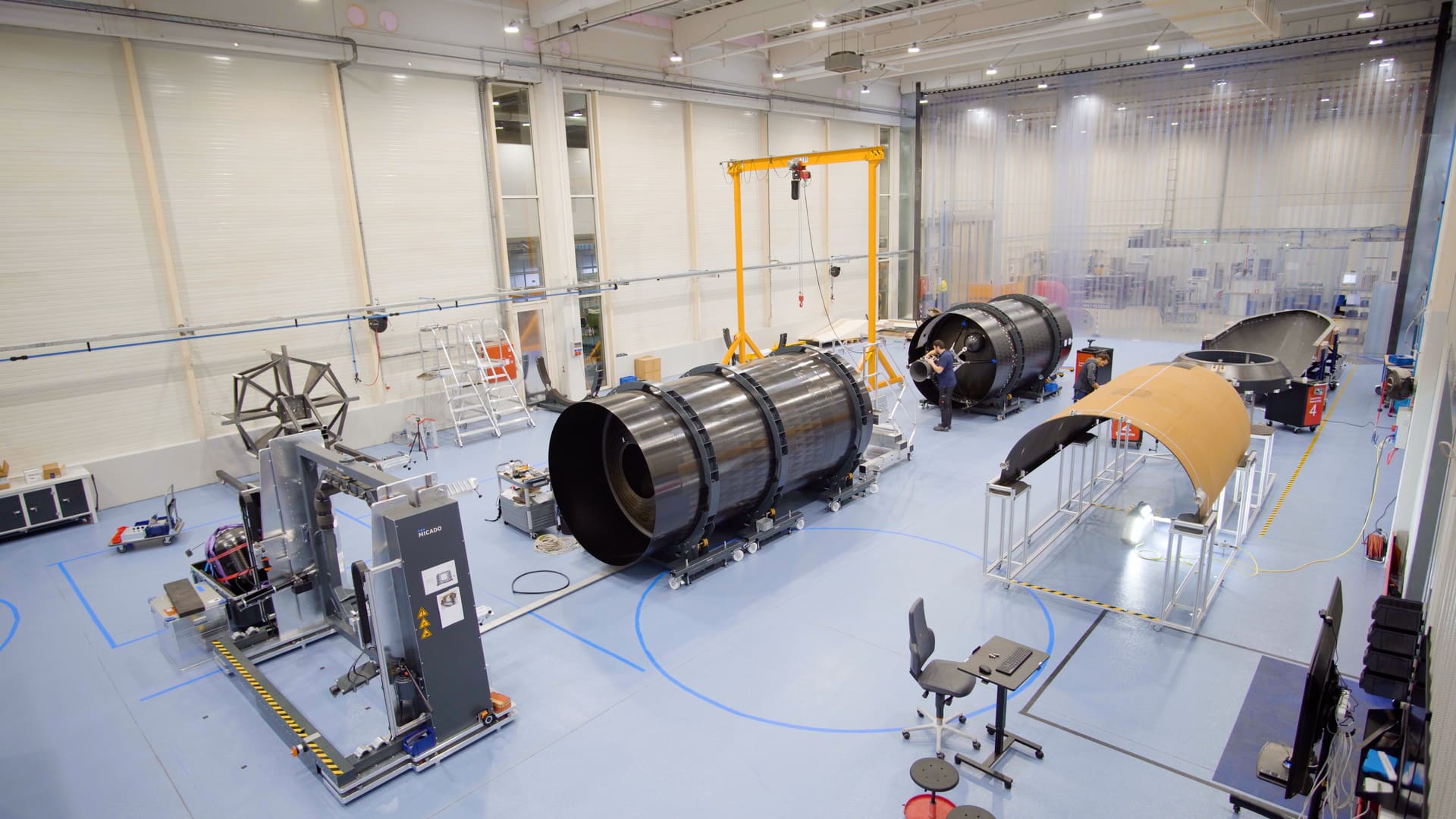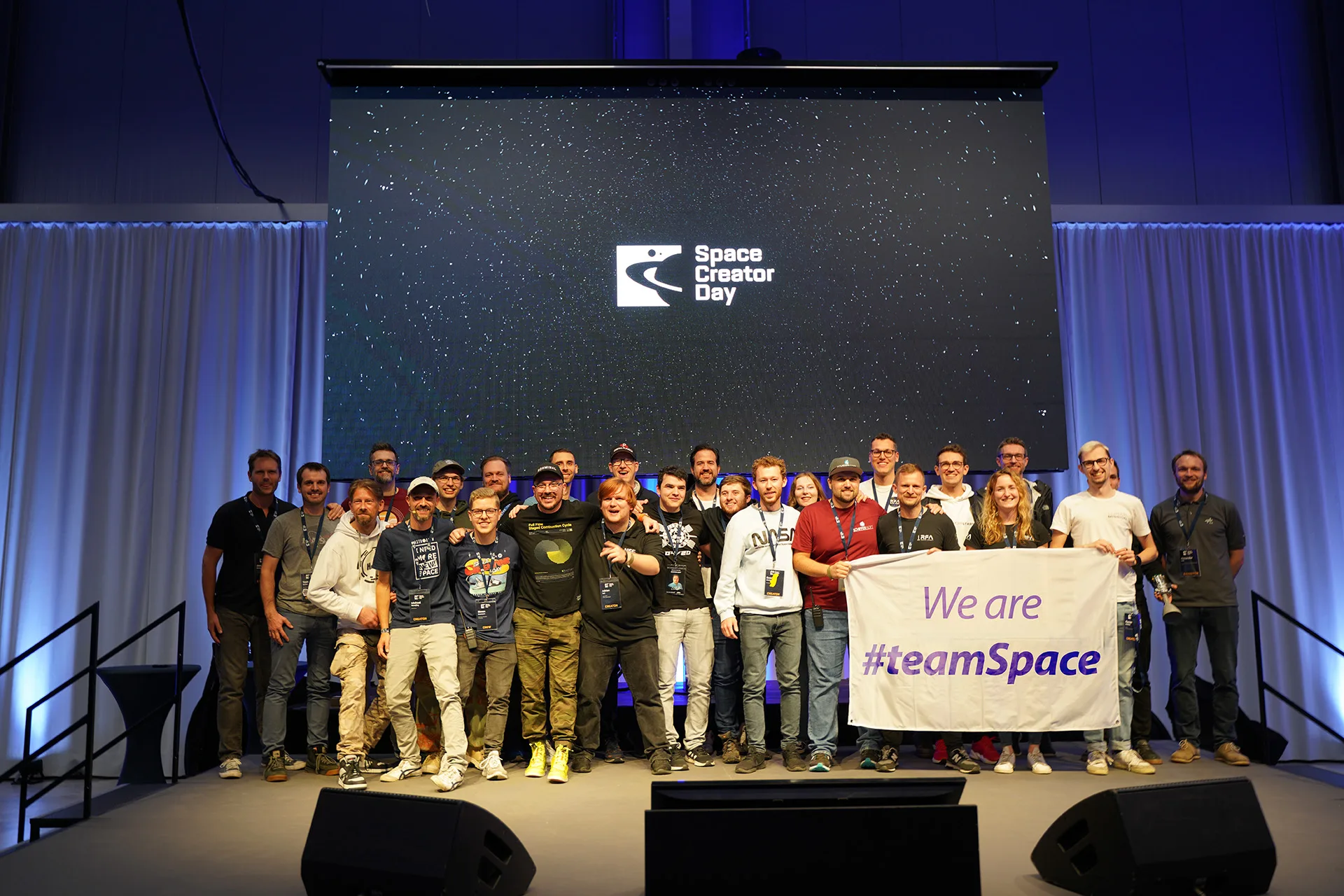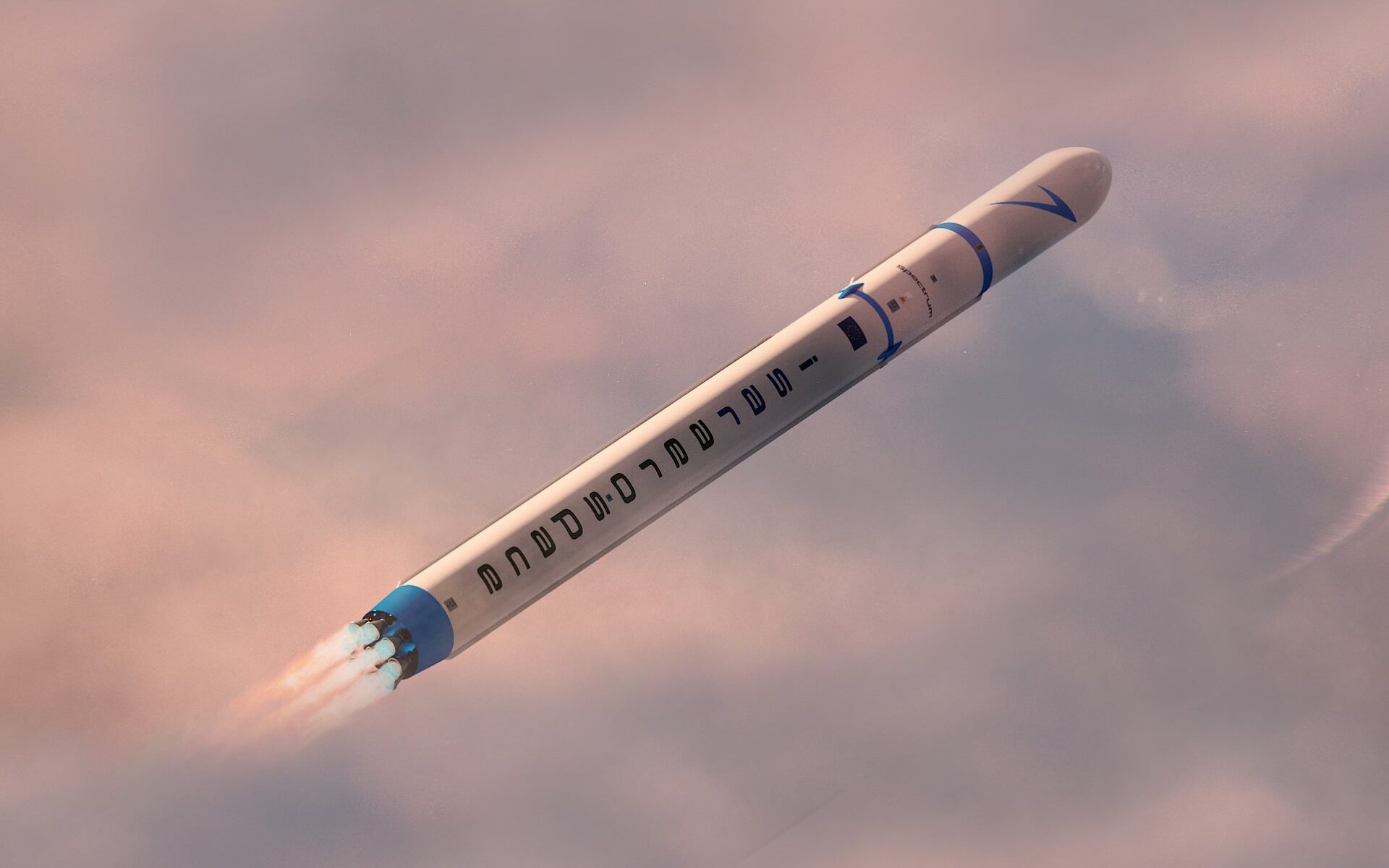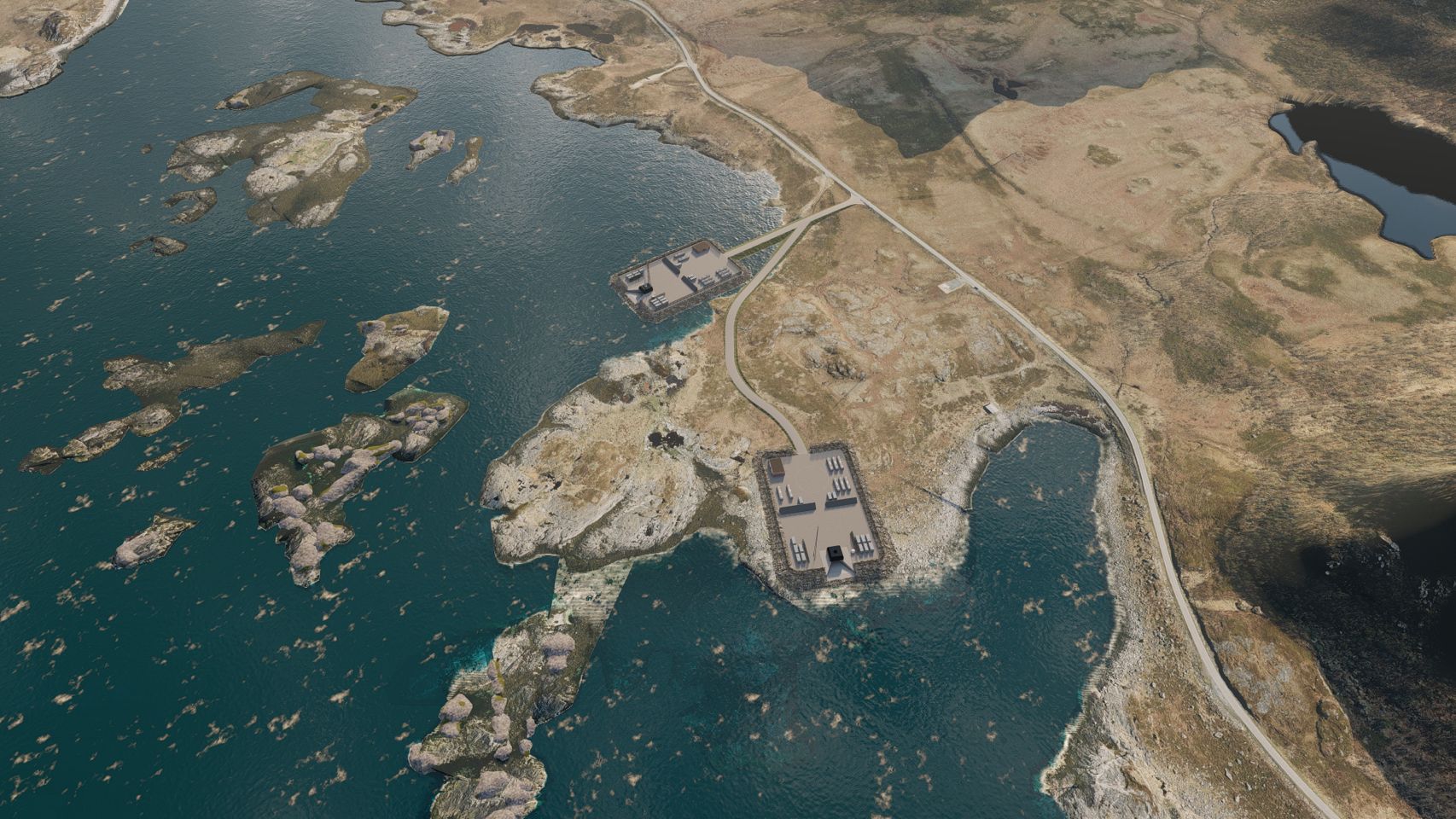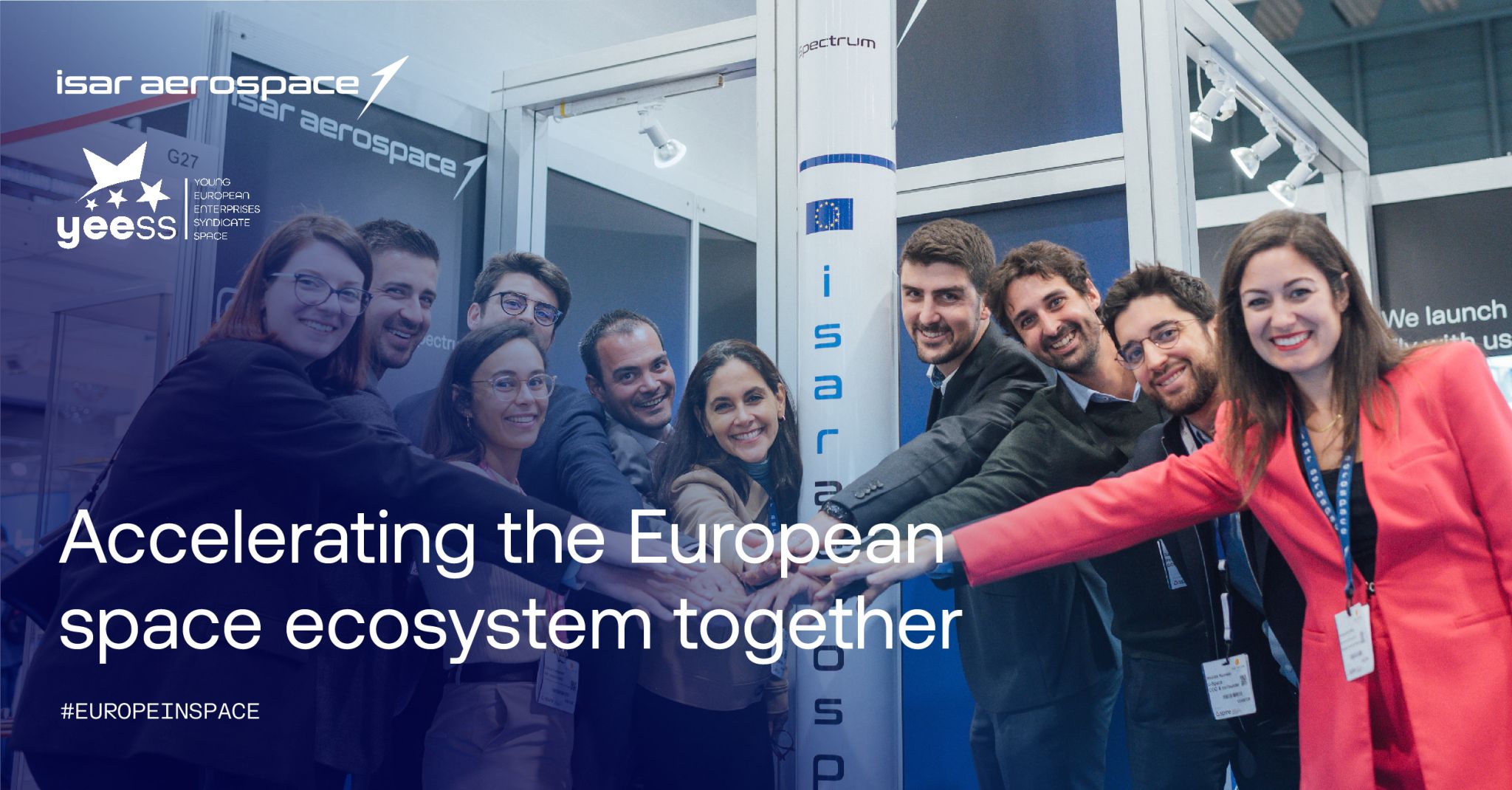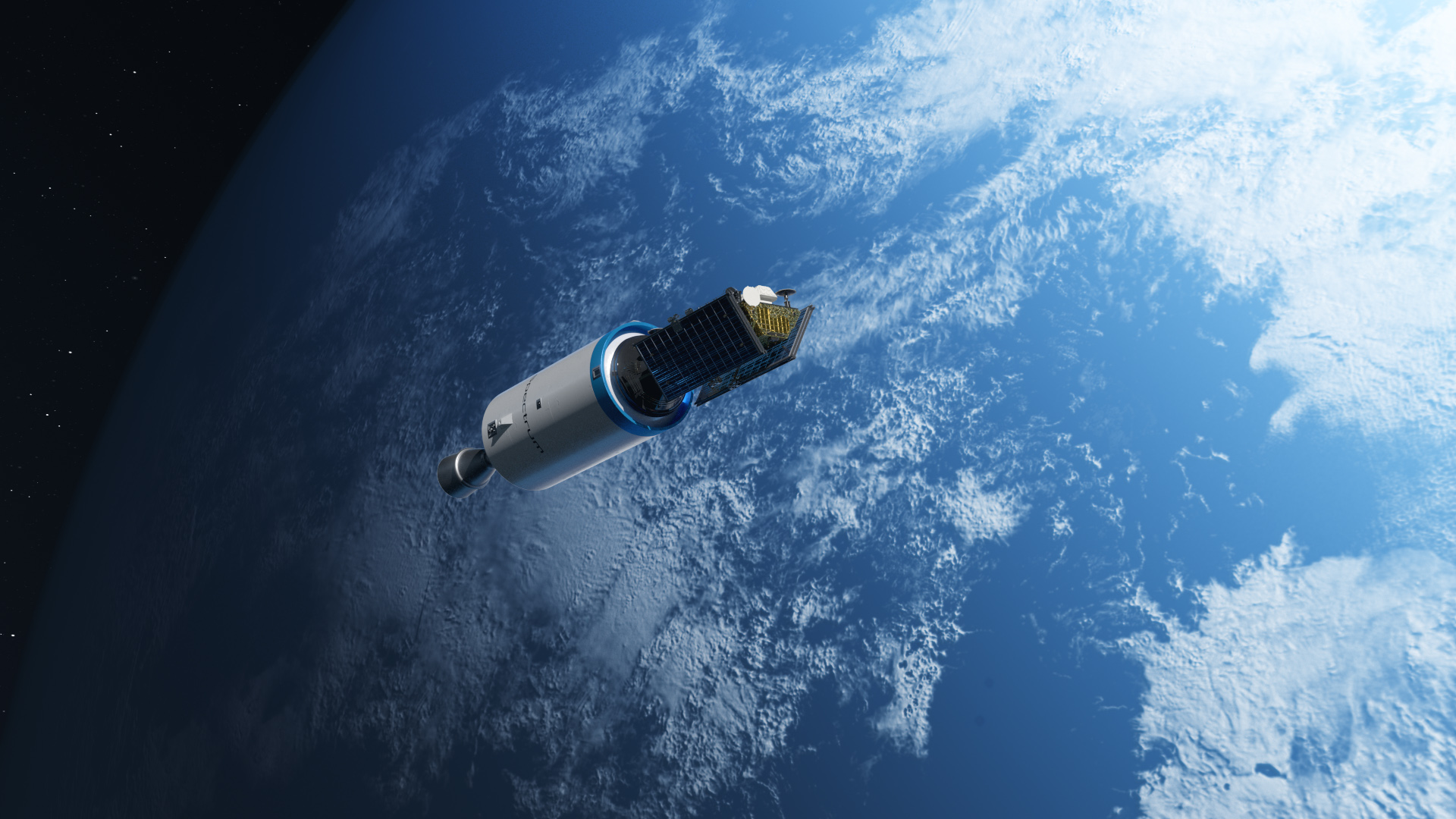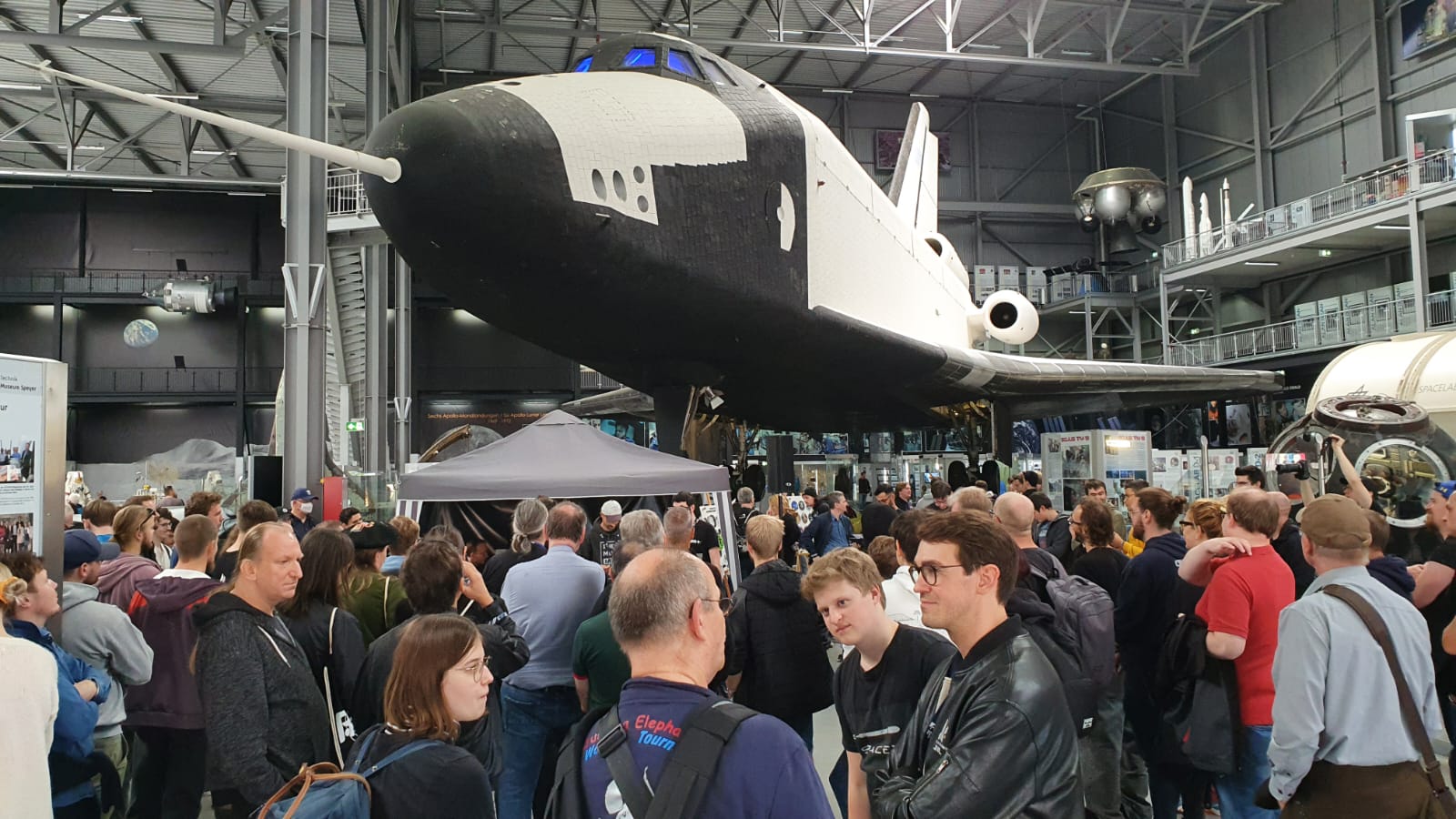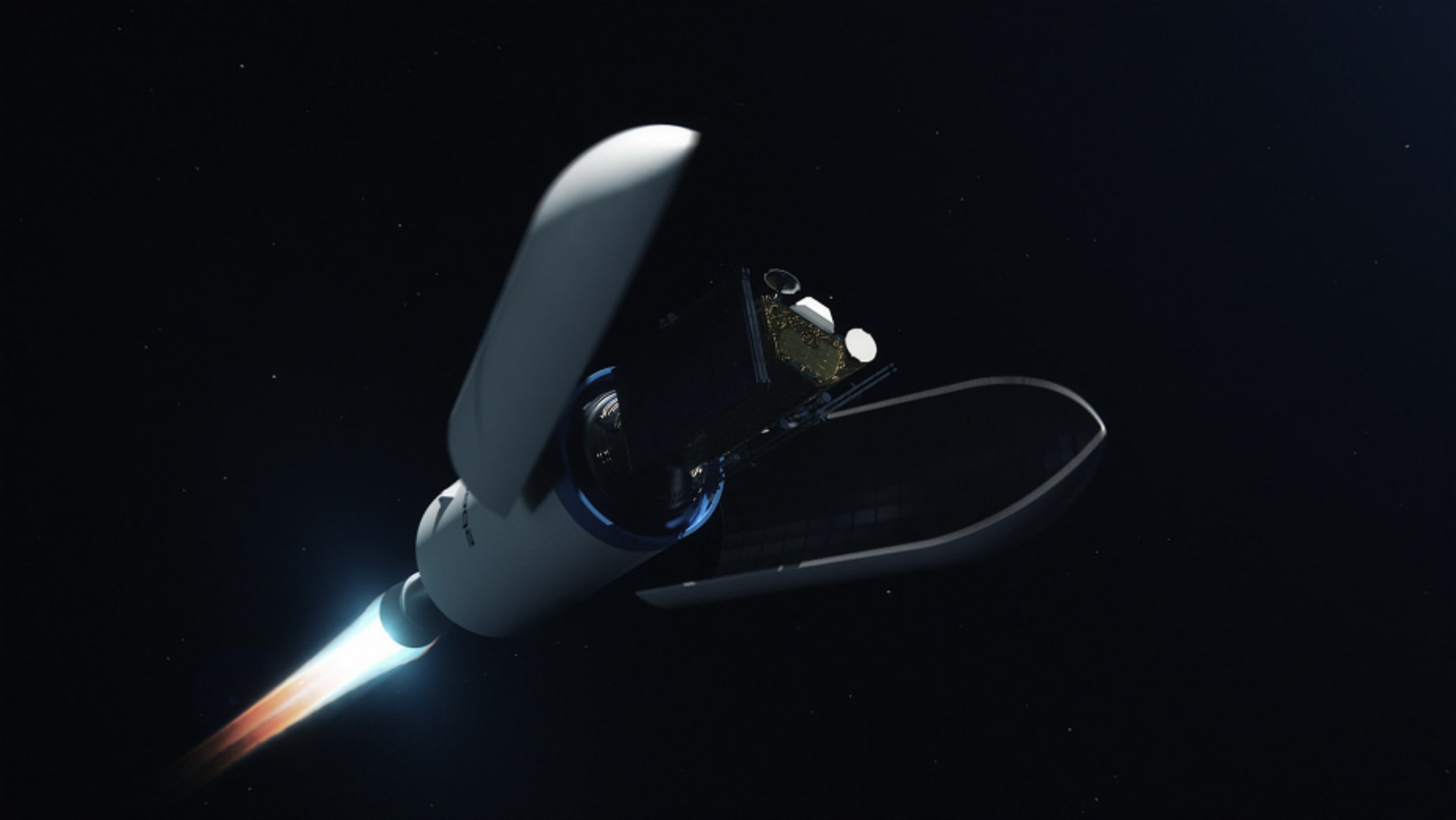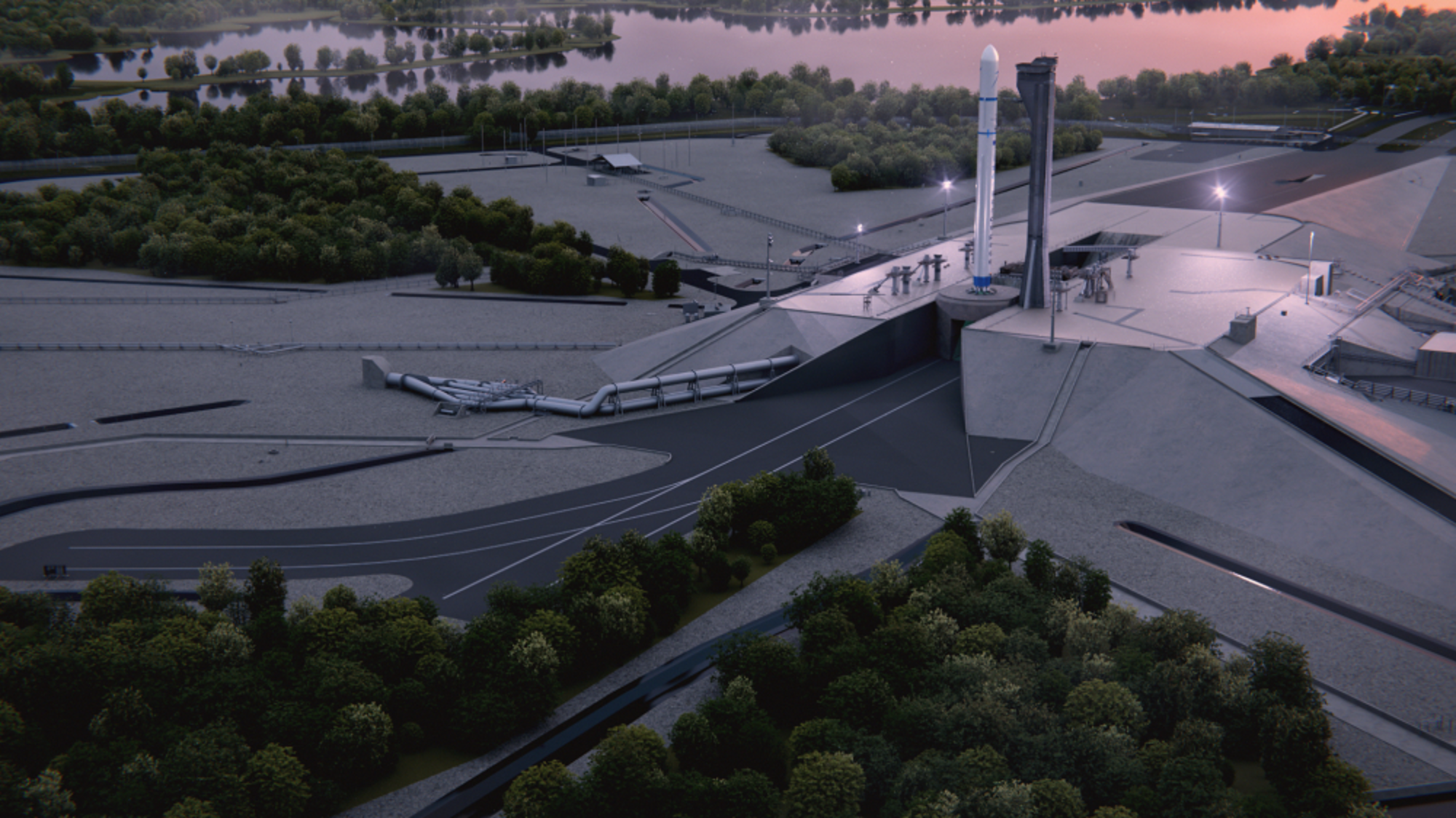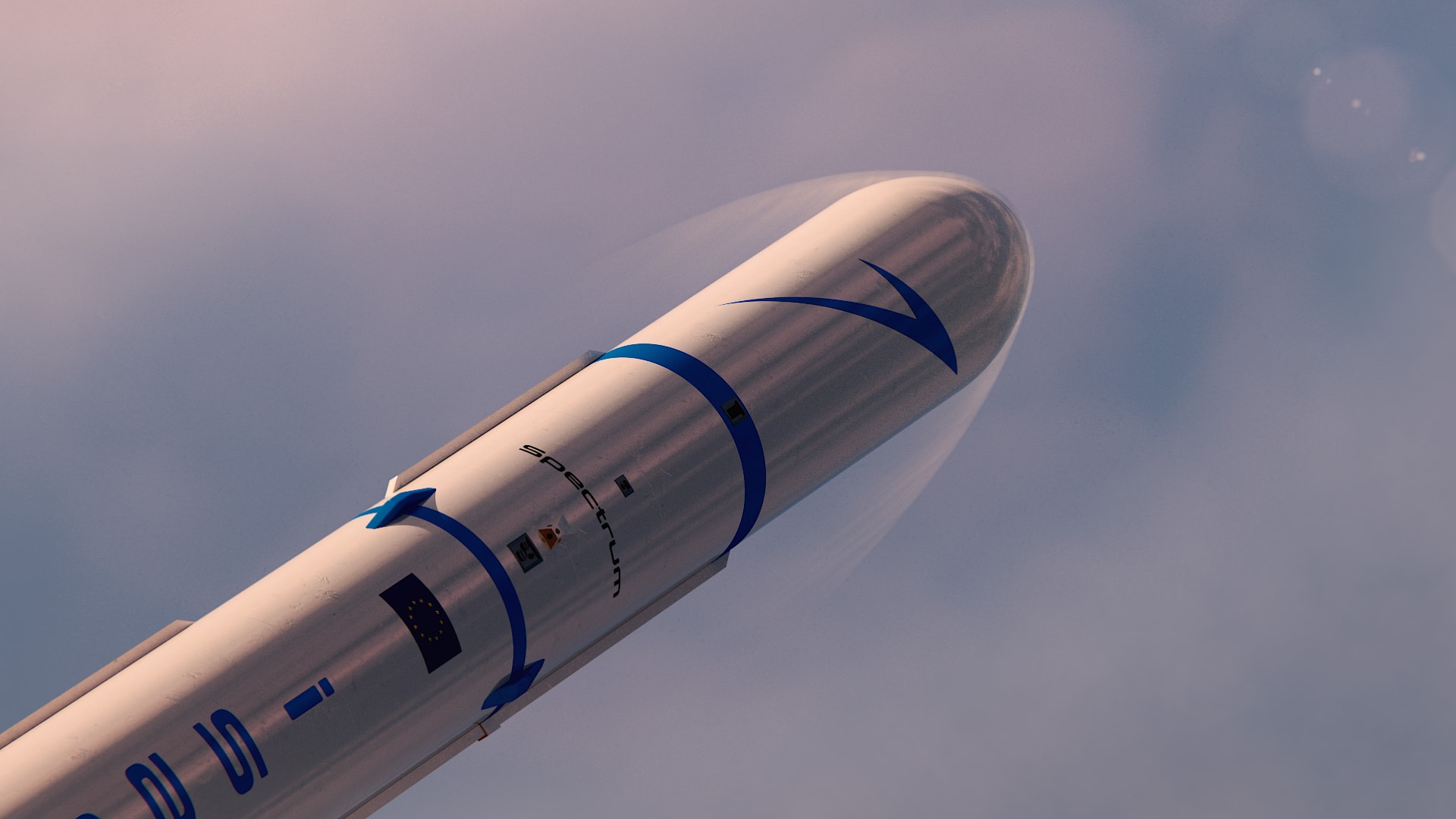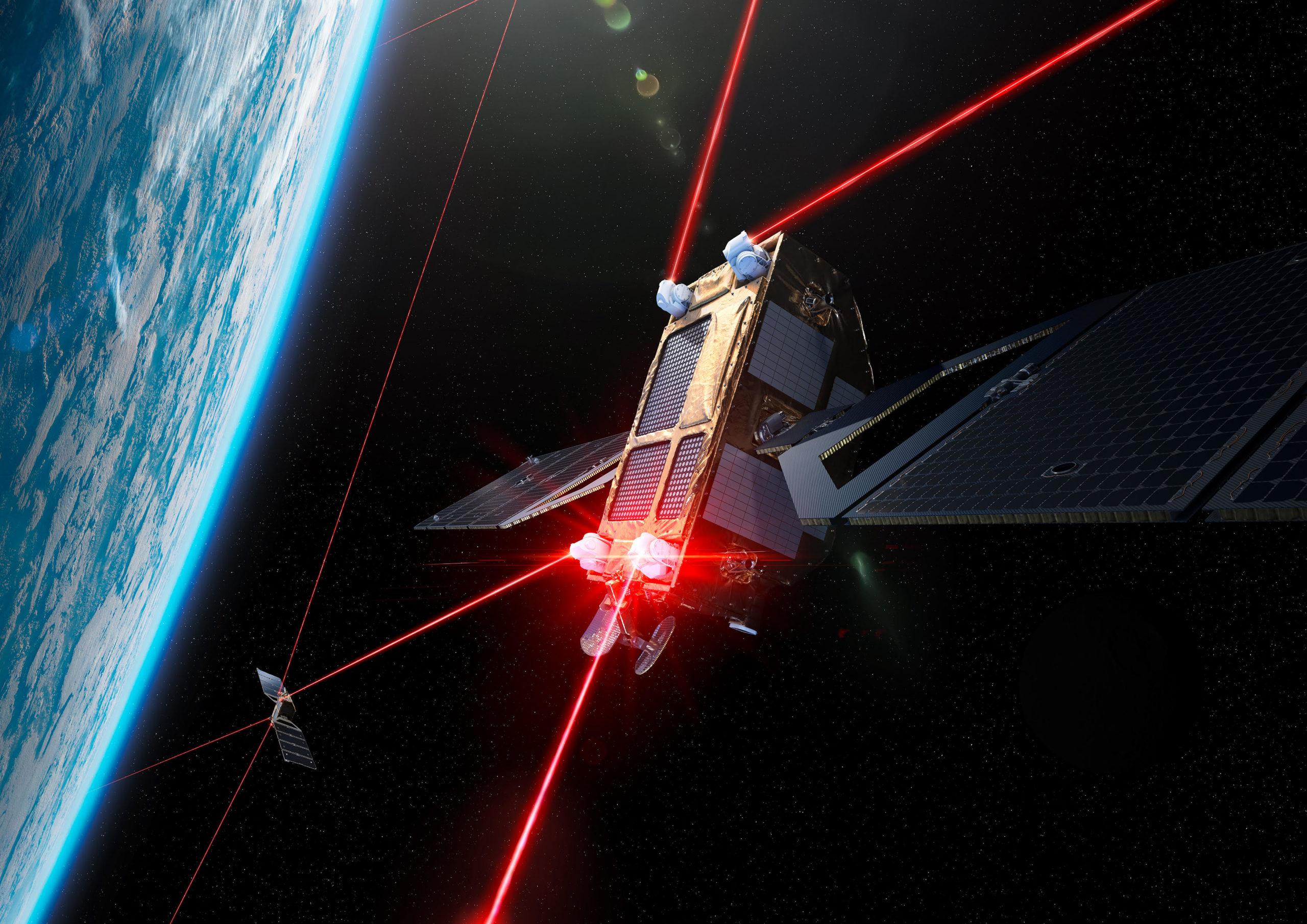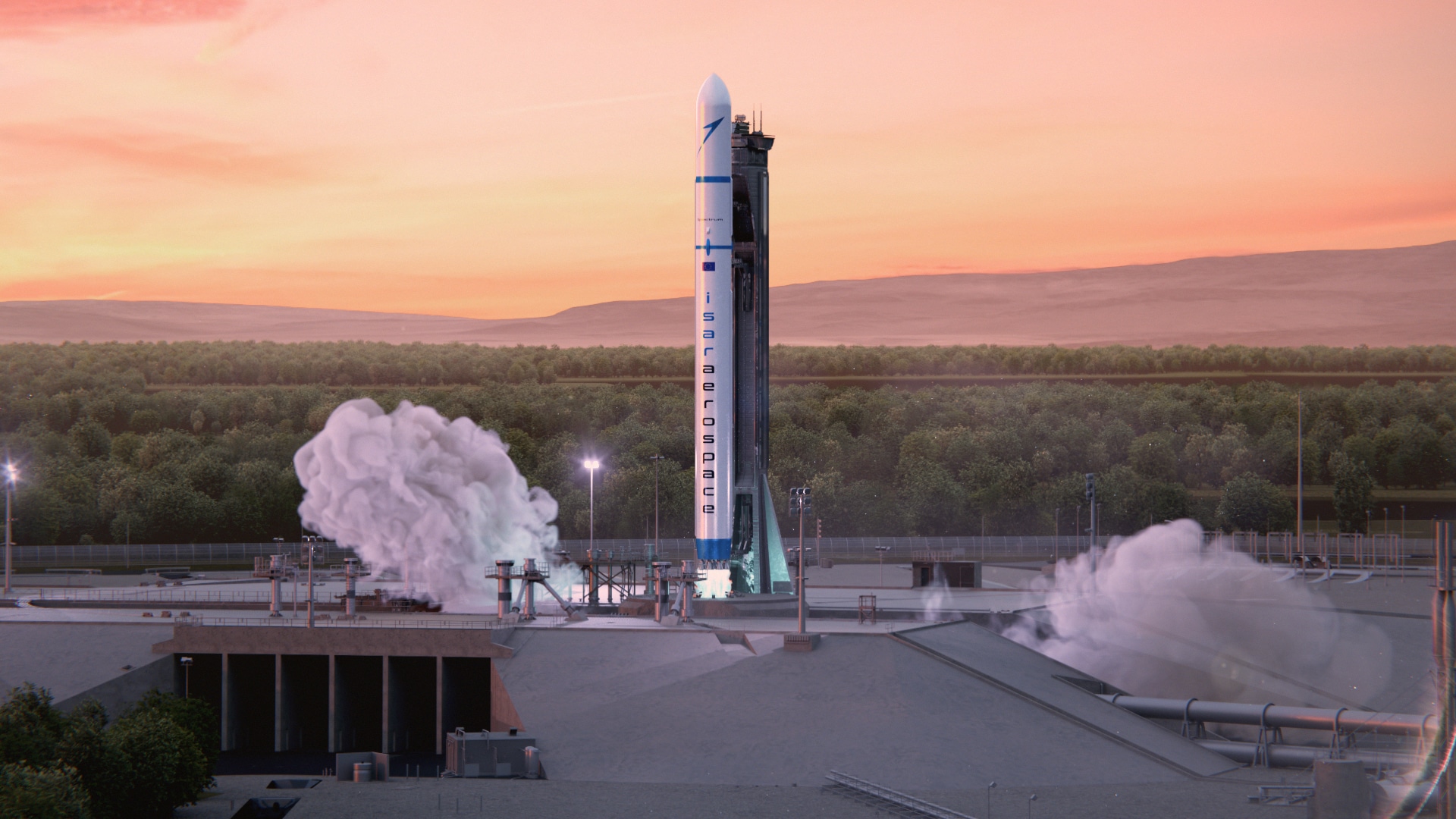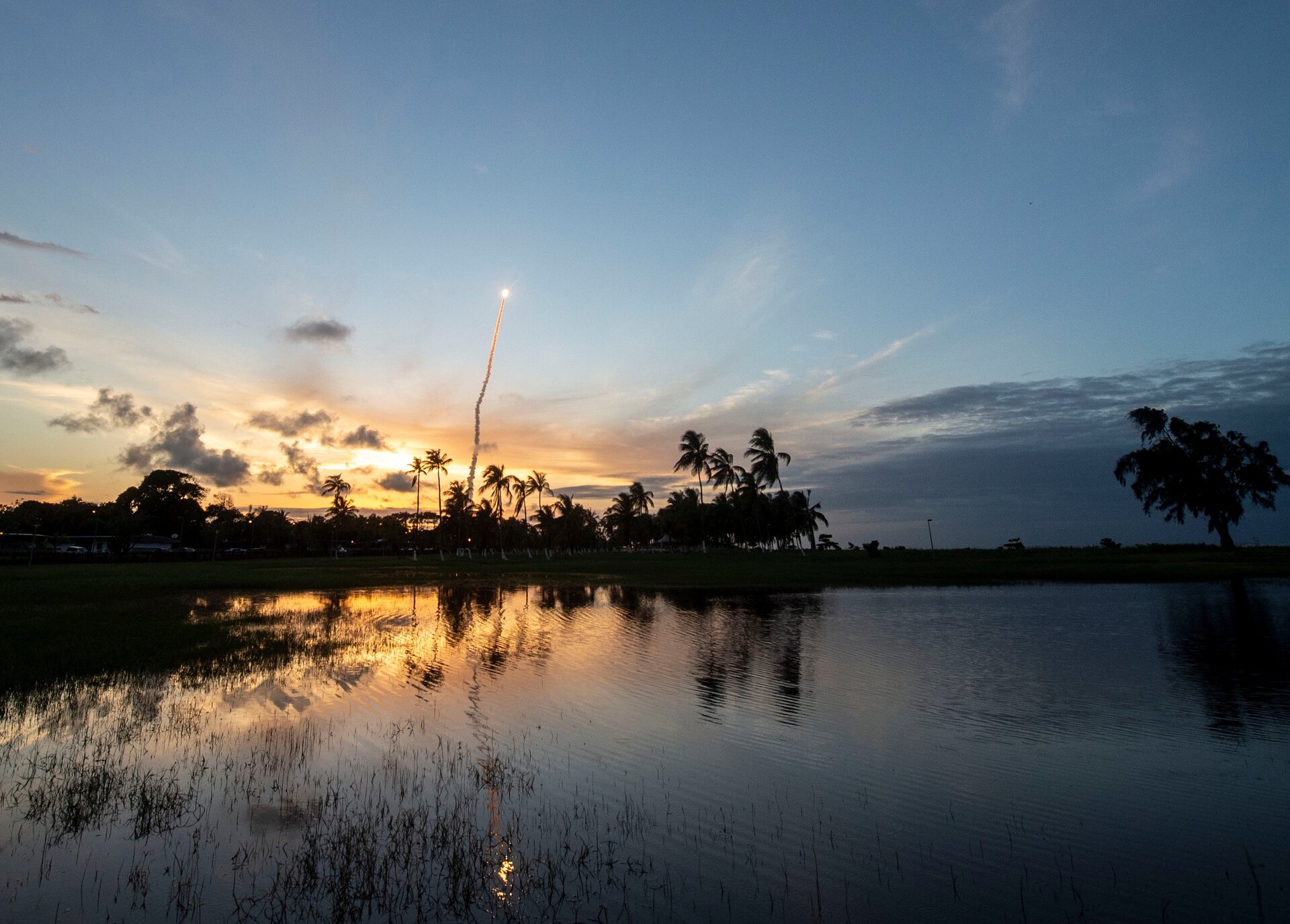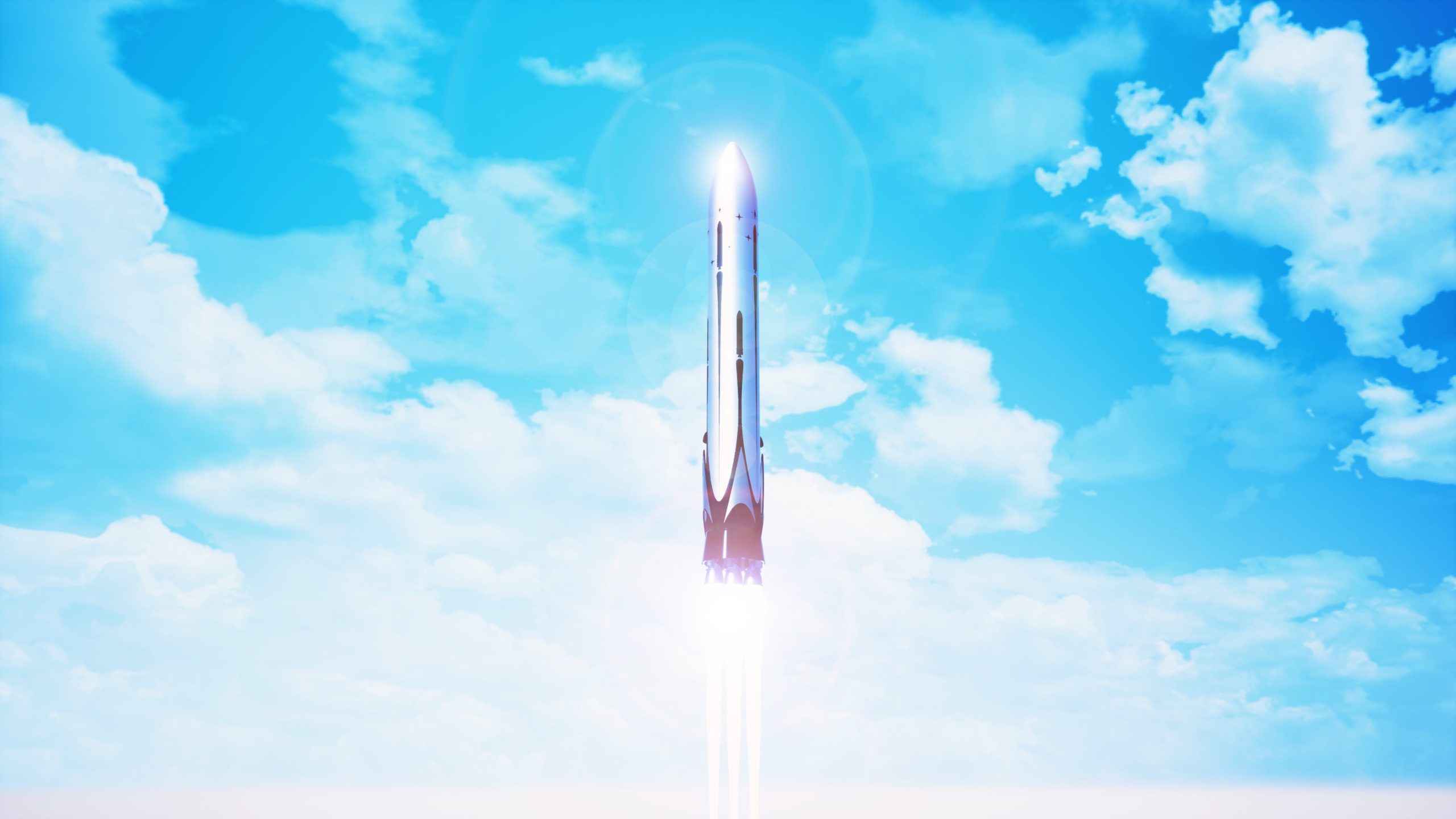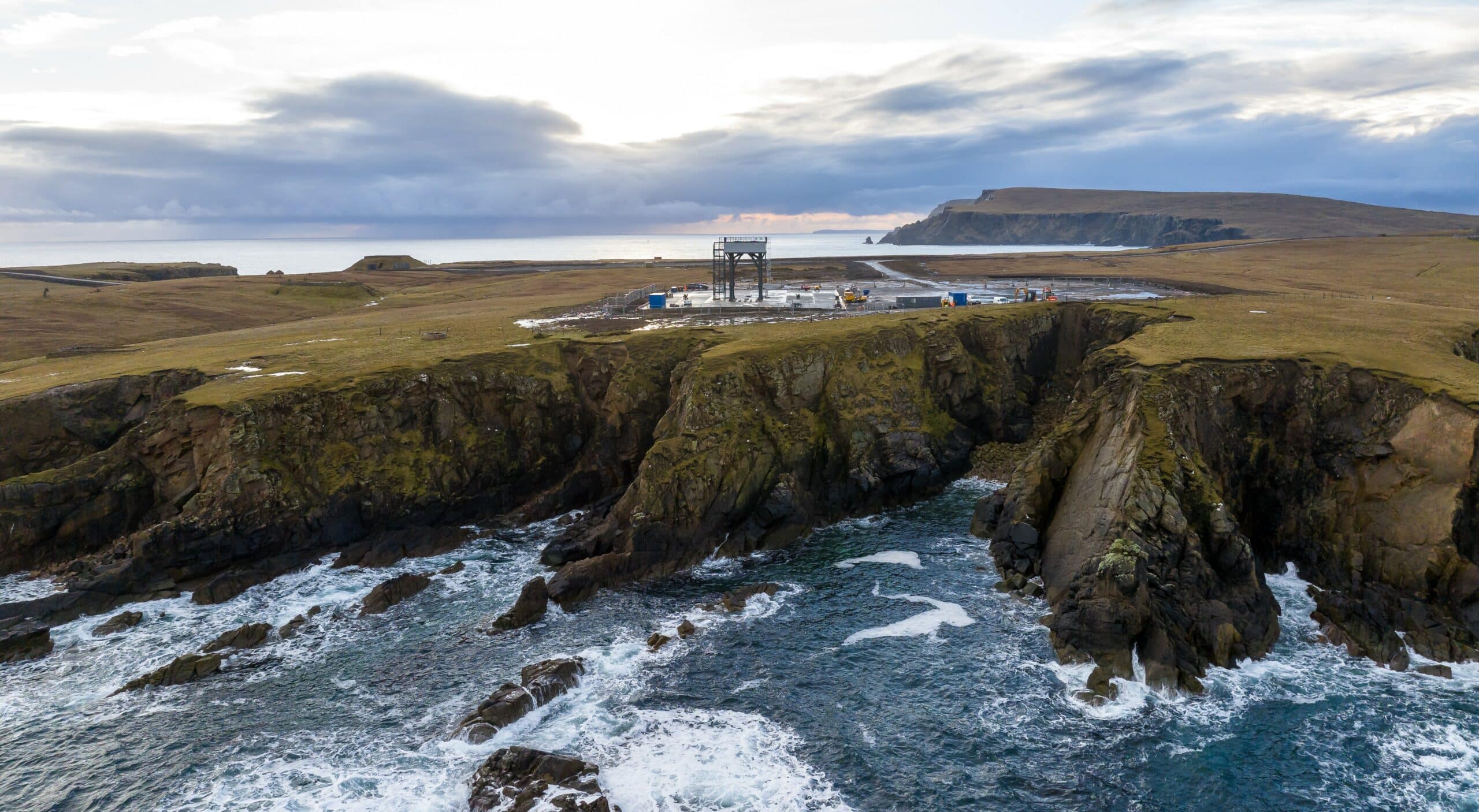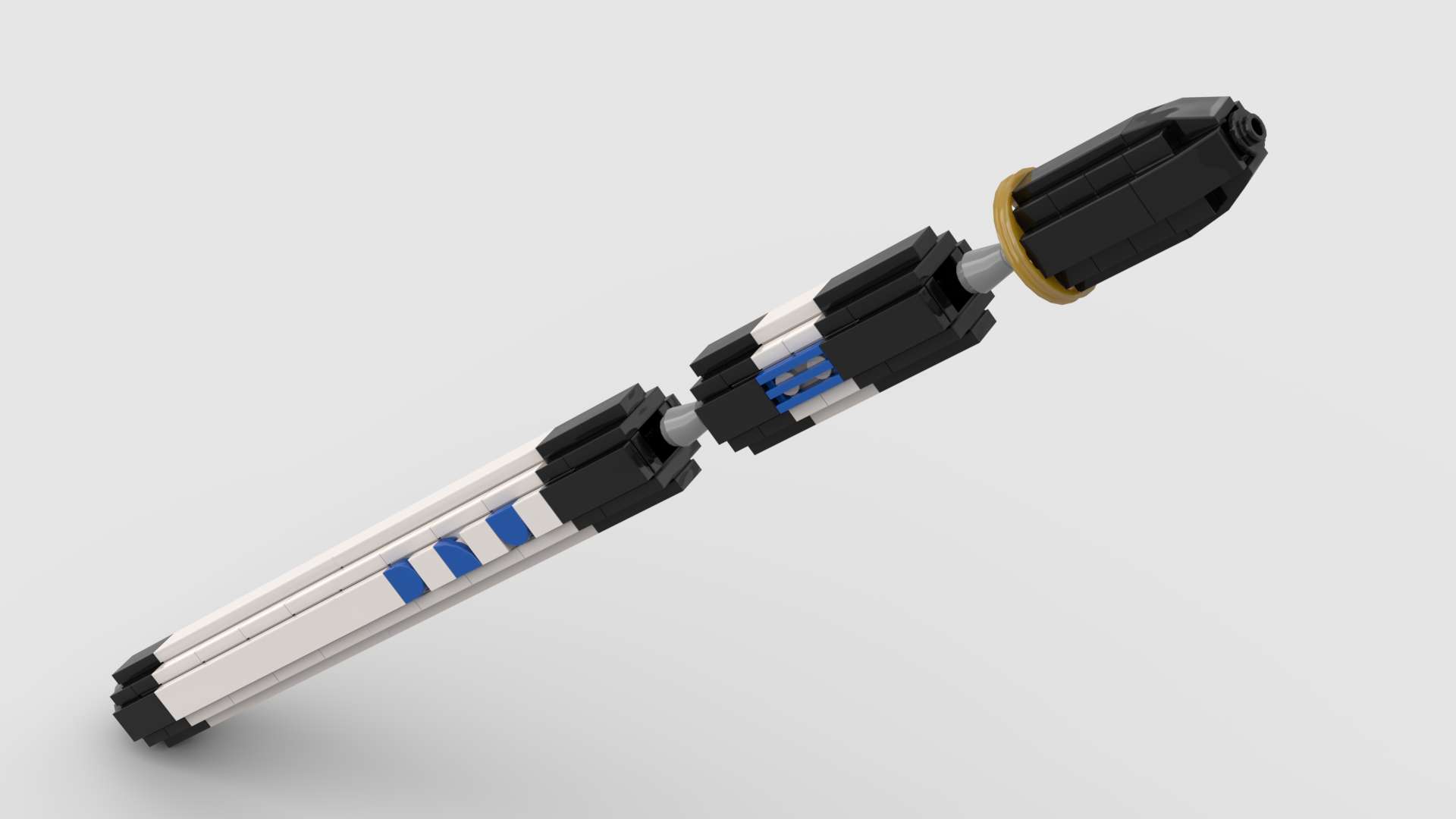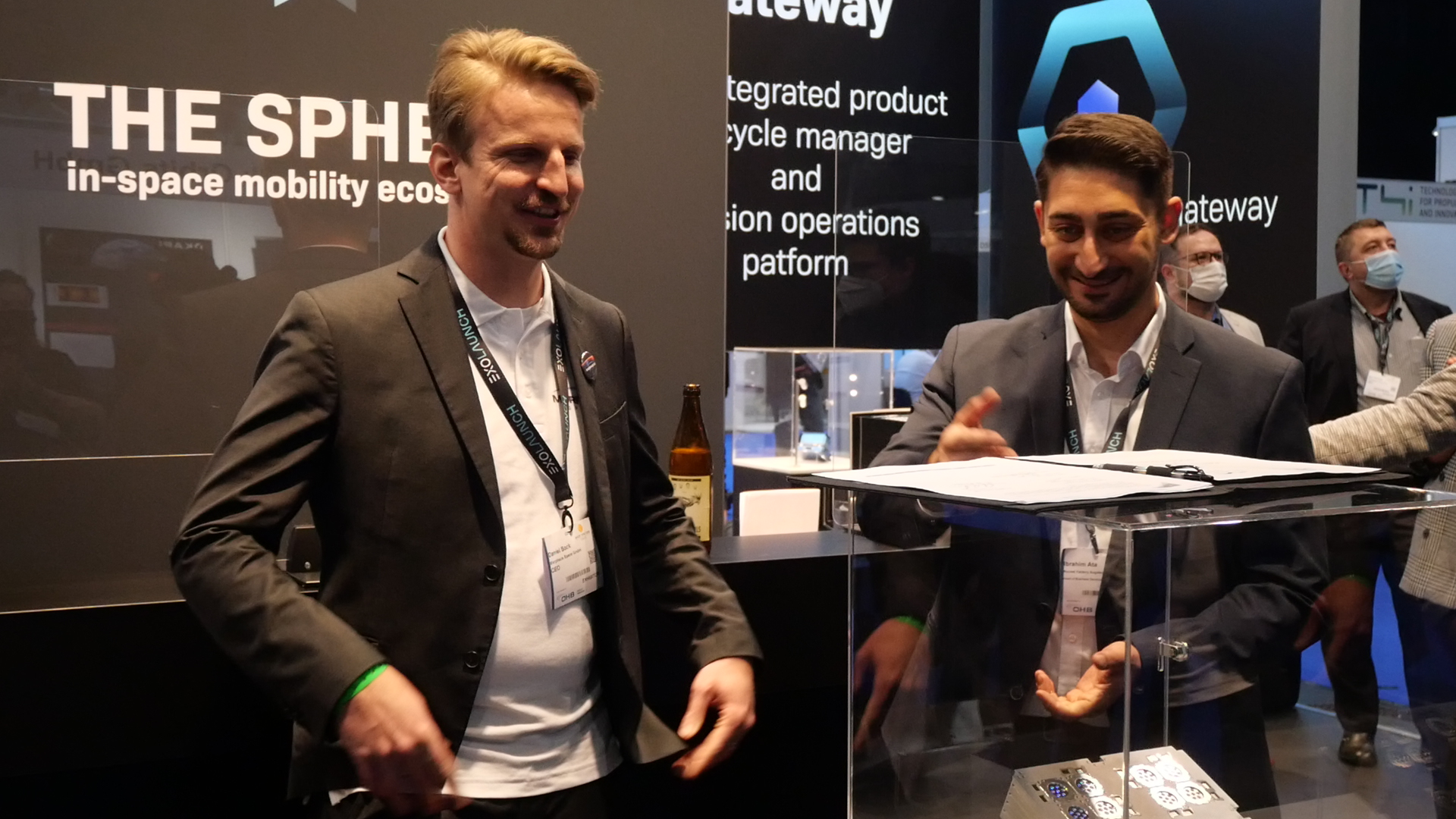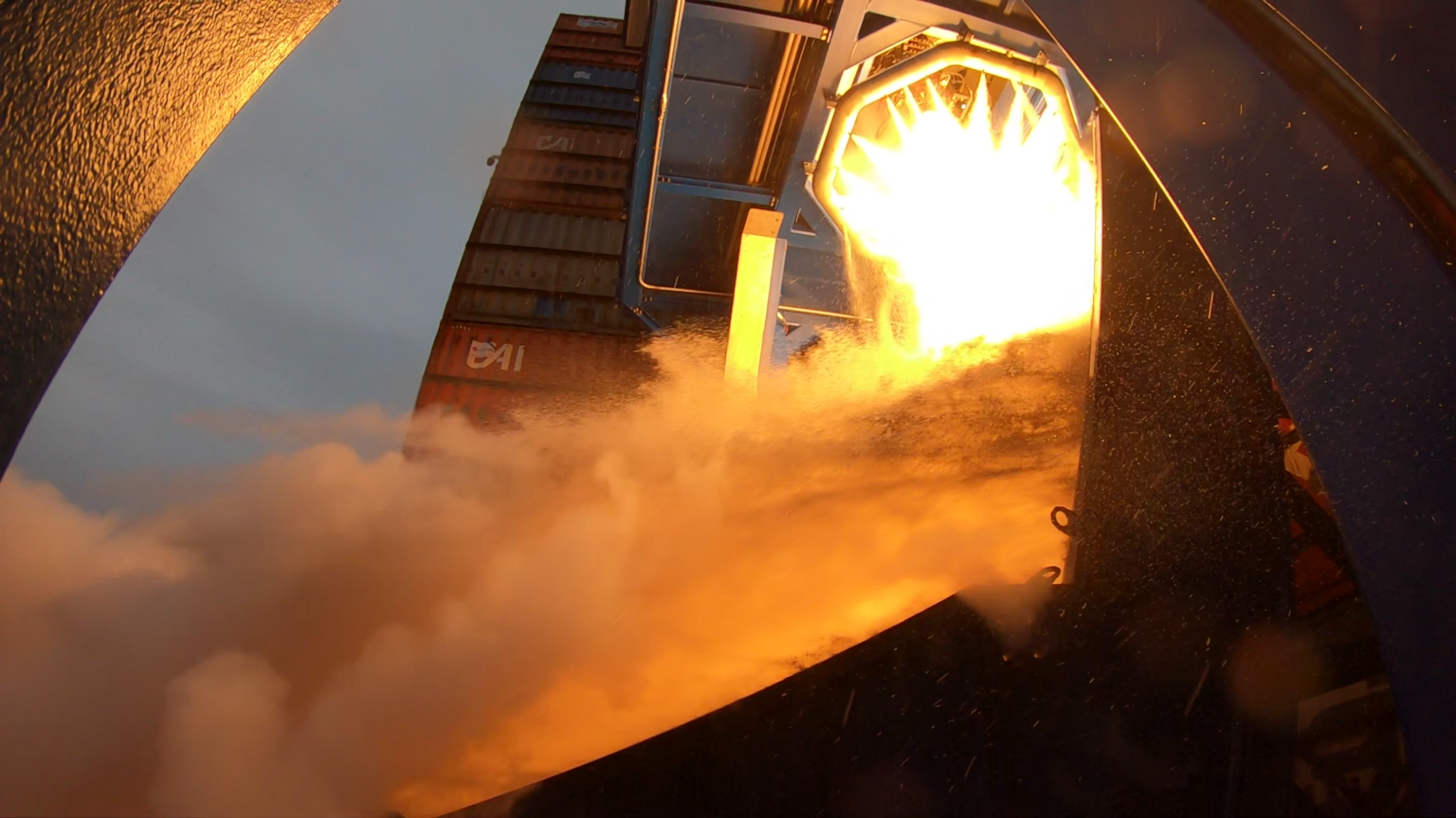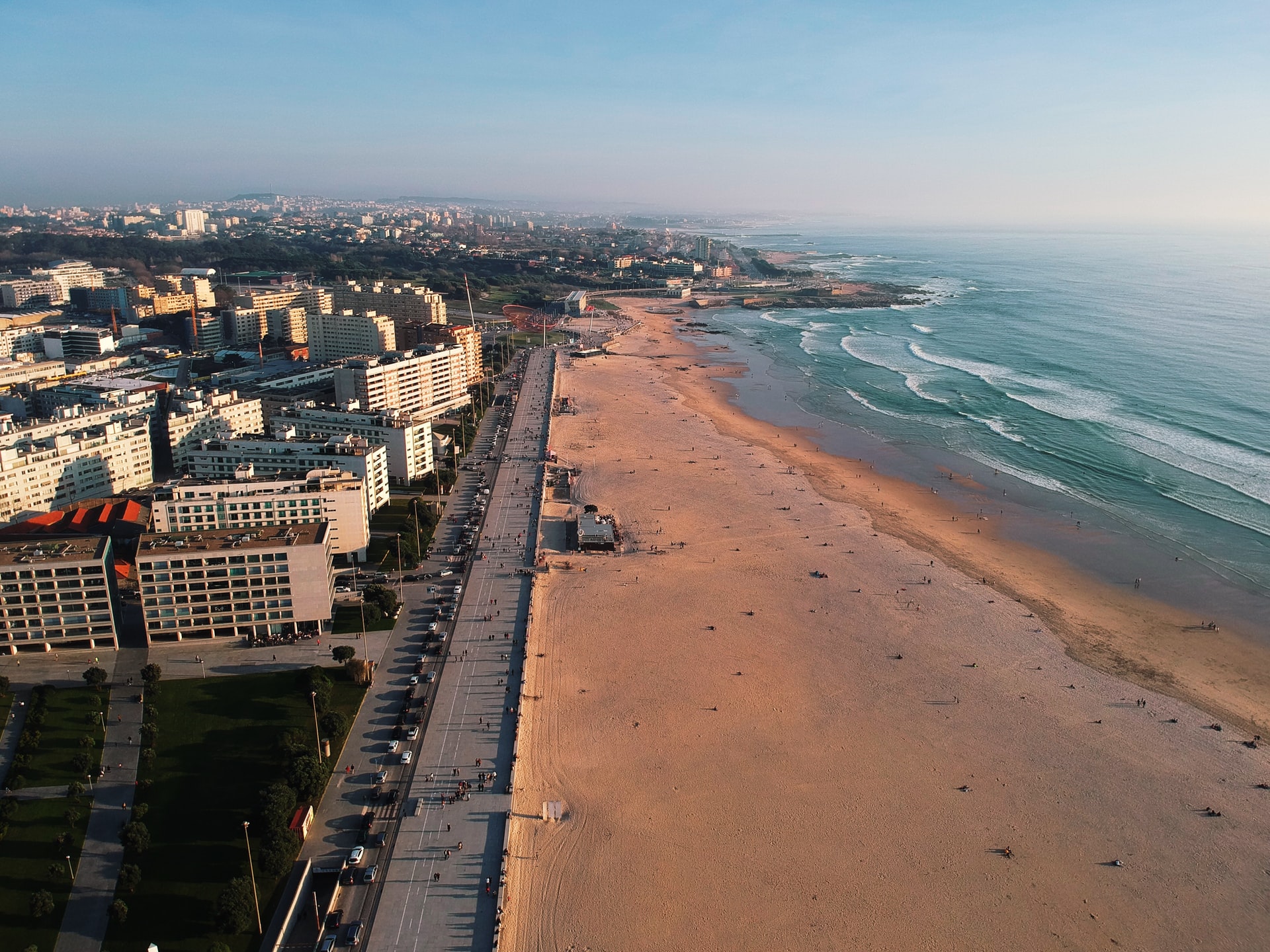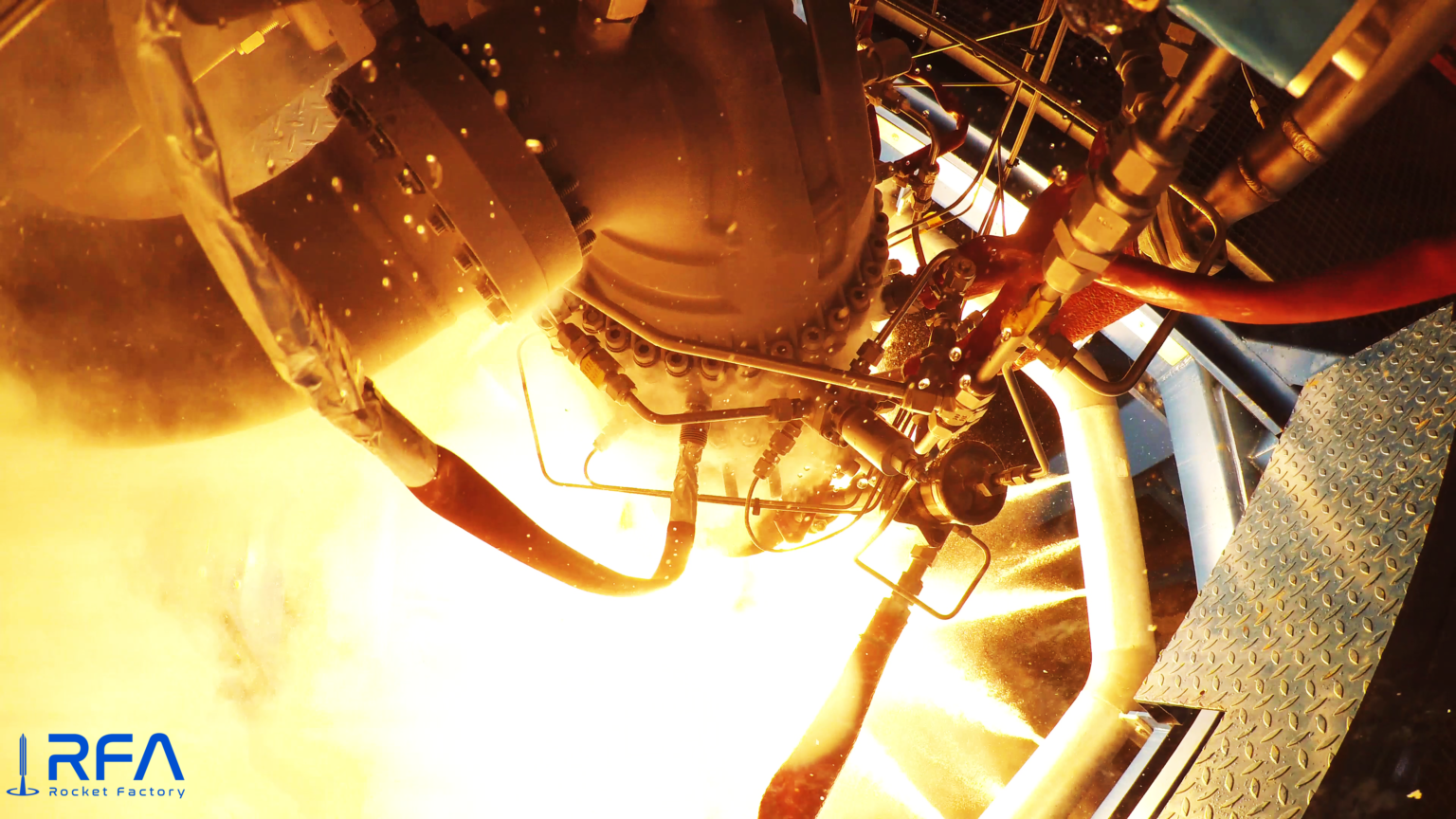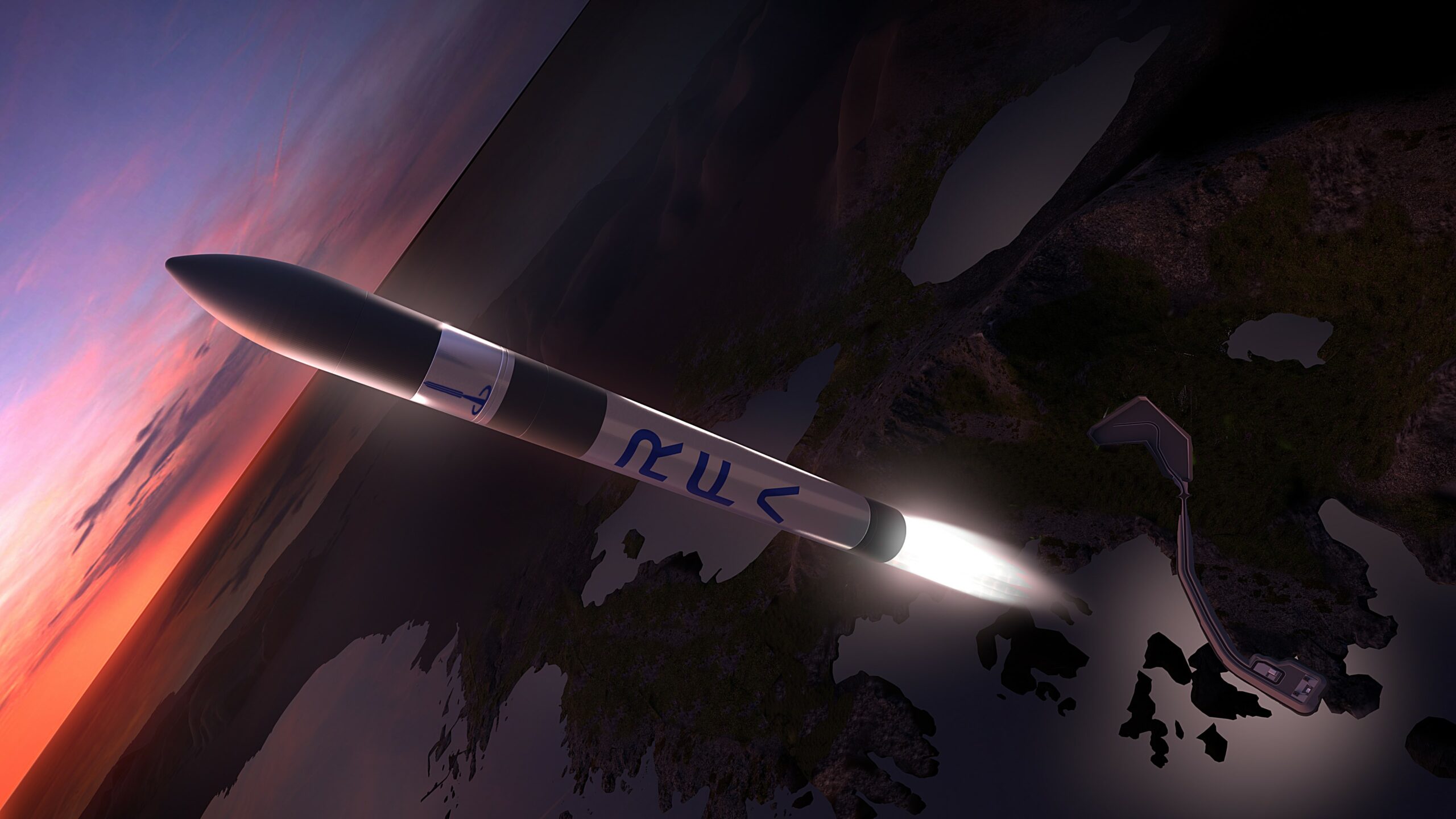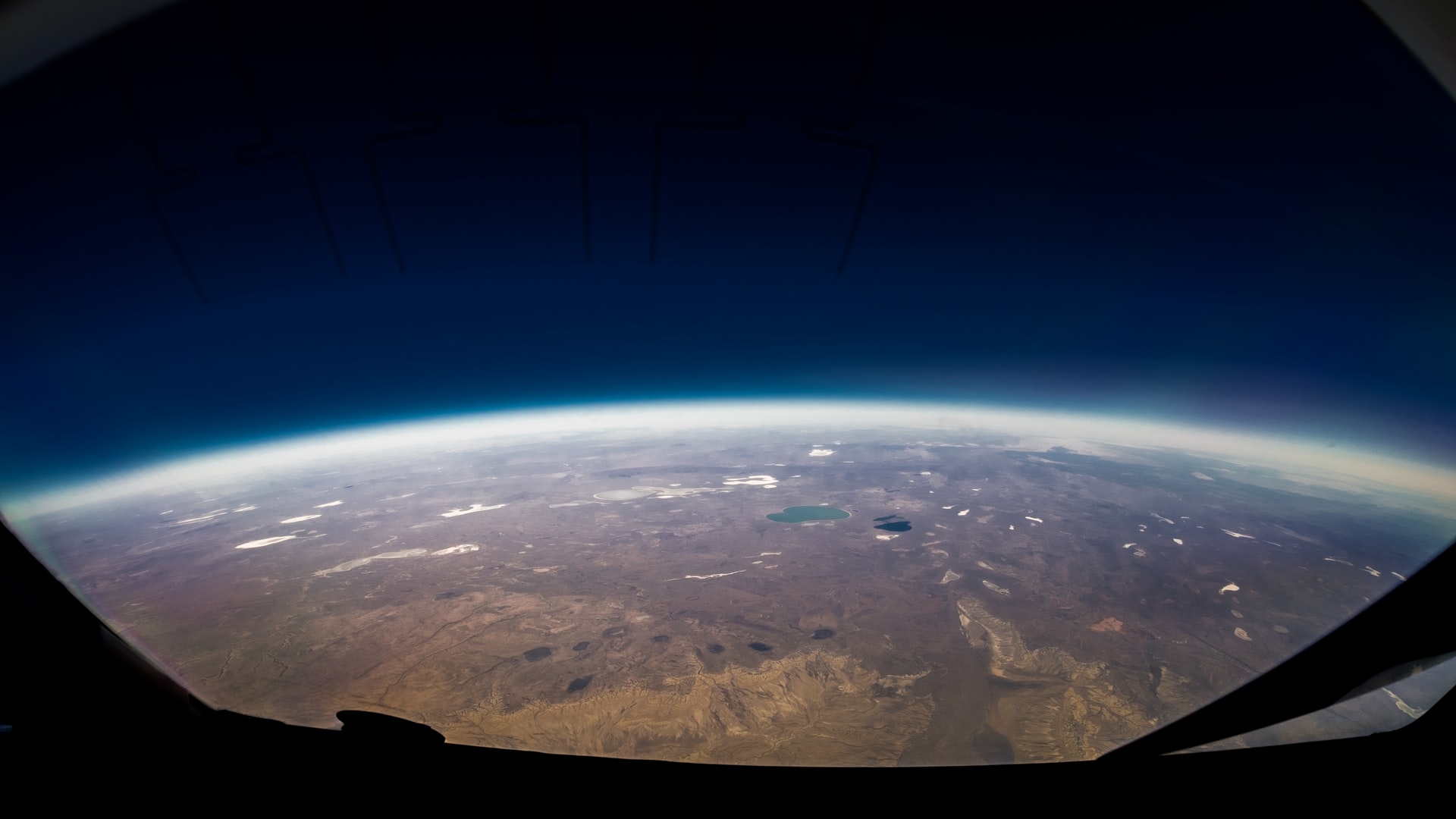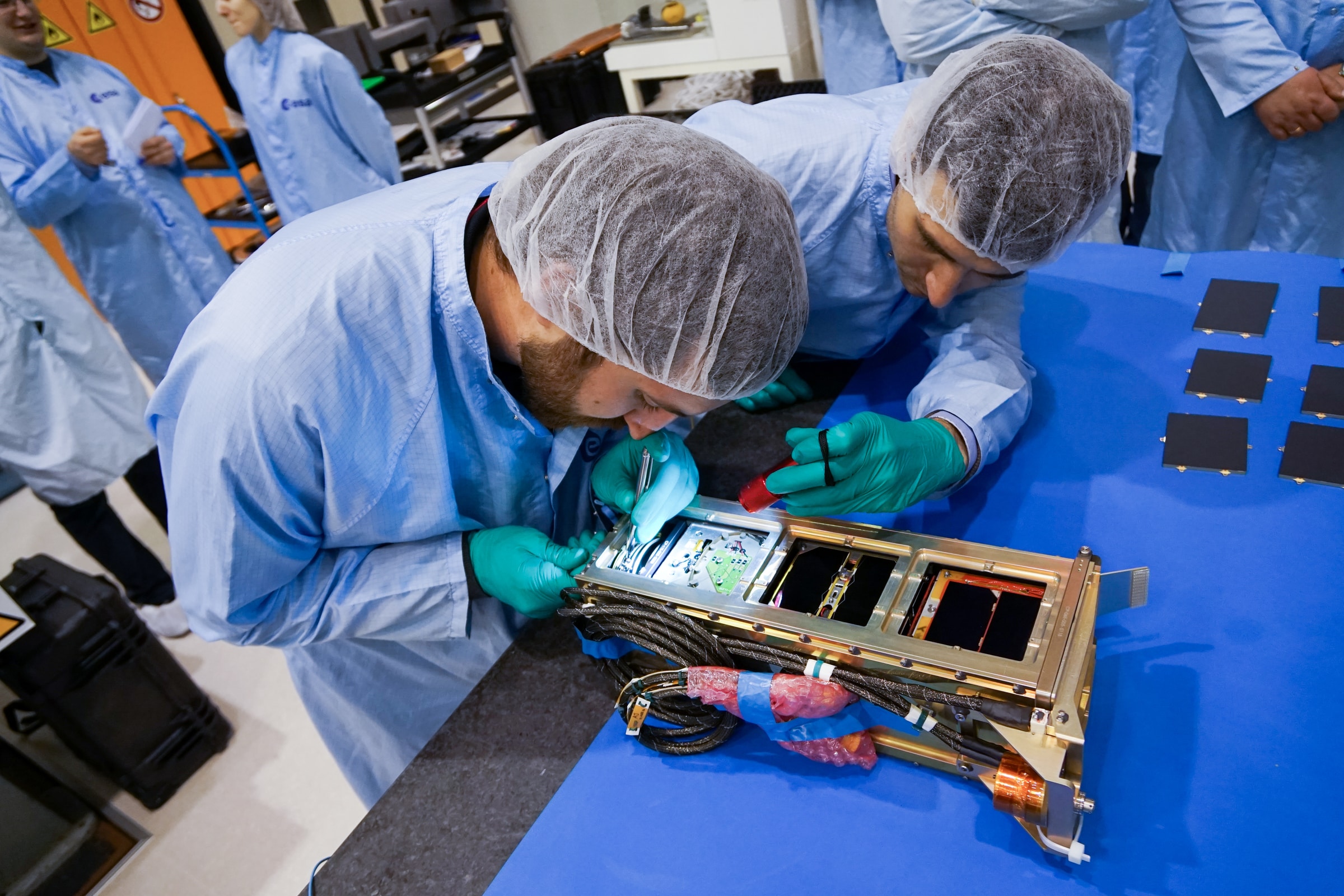
10 million euros for small satellite initiative
Published on Fri, 29.04.2022 – 09:02 CEST in Politics, covering Isar AerospaceRarely have the activities of the German Bundestag been followed as closely as they are at present. Debates about sanctions against Russia, the delivery of heavy weapons to Ukraine or a special fund of 100 billion euros for the German armed forces are omnipresent in the media. By contrast, decisions relevant to German and European space activities are attracting far less attention. Yet it is precisely this sector that offers enormous potential for the economic and technological independence so often invoked. An initiative for Smallsats is now intended to contribute to this.
Small satellite initiative is legacy of last legislative period
Wie Anna Christmann, Koordinatorin für Luft- und Raumfahrt der Bundesregierung am Freitag auf Twitter mitteilte, stellt der Bundestag im Jahr 2022 insgesamt 10 Millionen Euro für die Kleinsatelliten-Initiative zur Verfügung. Unter der Überschrift „Der NewSpace-Booster kommt“ schreibt die Politikerin der Grünen, dass Satelliten damit zukünftig wesentlich schneller und kostengünstiger entwickelt sowie in den Orbit geschickt werden können. Auf den Weg gebracht wurde das Vorhaben bereits in der letzten Legislaturperiode von der Großen Koalition, wie auch Christmanns Vorgänger kommentierte. In seiner Antwort schrieb Thomas Jarzombek in gewohnt unkonventioneller Art: „Wir haben Dir hier ein wirklich tolles und schlüsselfertiges Projekt übergeben. Mach was draus!“
The Federation of German Industries (BDI) and the Association of German Engineers (VDI) have been calling for this for a long time. As early as August 2021, they published recommendations for action for the industrial production of small satellites in Germany. The 6-page document also contains the key points of a "Small Satellites Made in Germany" initiative (German). Among other things, it states that the public sector should purchase services from commercial providers instead of developing technologies on its own. This would provide the state with innovative solutions and strengthen Germany as a business location. In addition, innovations are the result of competition for the best ideas. This is precisely what needs to be promoted by means of a competition that is open to the entire industry.
Microlauncher competition as prototype for small satellite initiative
The BDI and VDI cite the Microlauncher Competition of the German Space Agency at the German Aerospace Center as a role model. In April 2021, Isar Aerospace won the first round of the competition, which was endowed with 11 million euros. This investment enabled the Ottobrunners not only to focus on the development of the Spectrum, but also to scale the company accordingly. Further investors followed, so that Isar Aerospace is now considered the best-funded NewSpace start-up in Europe. The first flight of the Spectrum is planned for the end of 2023. Rocket Factory Augsburg is pursuing a similar time horizon with its launcher RFA One. As recently as April 2022, the Augsburg-based startup was announced as the runner-up in the Microlauncher competition, which comes with a grant of 11 million euros. In both cases, there are already plans for the payloads of the first flights. For example, in addition to institutional satellites, technology demonstrators will also be launched into orbit. A similar economic effect as in the development of rockets is also expected in the field of small and micro satellites.
Investment also required in young and small start-ups
However, the German government should not take too much time. With more than 15,000 satellites expected to be launched by 2030, the market is large, but it is currently divided among established players. First and foremost is SpaceX, which launches around 60 satellites with each launch to build its own Starlink constellation. The 10 million euros approved by the German parliament for the small satellite initiative would therefore appear to be a good investment to ensure that Germany does not miss the boat in international comparison. However, the prerequisite is a framework that enables smaller and younger companies in particular to participate. After all, while their unconventional concepts are the real innovative strength of Germany as a business location, bureaucratic hurdles regularly exclude them from competitions or funding. The extent to which the small satellite initiative is actually a "NewSpace booster" and not a flash in the pan remains to be seen.


